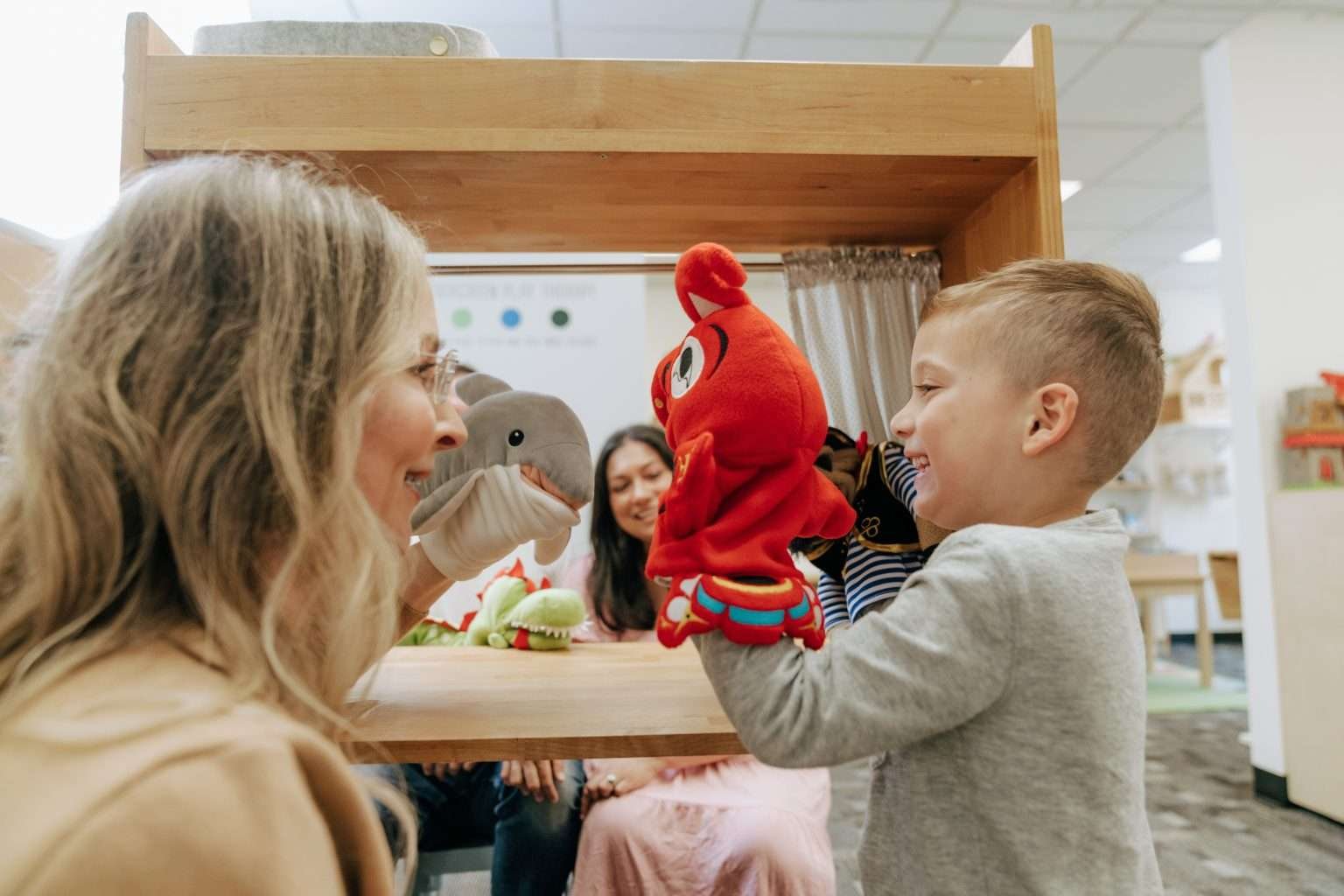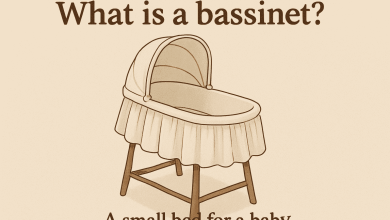What is Play Therapy and How it Can Benefit Your Child’s Development

By Kimberly Bartlett, MSW, LICSW, RPT-S™
Registered Play Therapist-Supervisor™ and Licensed Independent Clinical Social Worker
Play therapy refers to a form of counseling or psychotherapy, letting play serve as a means of helping children communicate their feelings. Play therapy emphasizes helping children struggling with expressing themselves. With play therapy, there’s a possibility to express emotions through play. Play therapist guides the child through play therapy in a free and safe environment, making them feel comfortable expressing themselves.
Benefits the child can attain with play therapy
Children who get the play therapy experience positive change. It’s worth noting that some children might show signs of some hesitation. But when their bond strengthens with the therapist, the child becomes more creative or more verbal.
Benefits of play therapy include taking responsibility for behaviors, developing the ability to manage complex emotions, understanding the value of self-respect, mastering coping strategies, and developing problem-solving skills. Besides the therapy, the child also learns to develop empathy and respect for others and learns to fully experience and express feelings. The therapy helps develop stronger social skills and stronger family relationships. One of the most important aspects of Play therapy is that it encourages the use of language that can, in turn, refine the child’s motor skills.
Detailed insight into how play therapy benefits children
1. Developing a safe space
Some children often don’t feel safe talking about their thoughts and feelings with their families. Play therapy, in this regard, is beneficial for offering a safe place to have fun and convey the feeling to a compassionate professional. The reason behind the same is that there is no involvement of pressure to use words when it comes to discussing emotional topics.
2. Building self-esteem
Children express themselves when they feel heard, and this is the only aspect that can help build their self-esteem. Children feel very comfortable when they get the opportunity to express themselves through therapeutic play work. Play therapy is vital when there’s the necessity of building coping skills to deal with challenging life events. Play therapists help children get past domestic violence and traumatic incidents.
3. Developing problem-solving skills
Play therapy for the child helps improve their problem-solving skills independently. Children love the environment that helps them set up their own stories with toys and games. They also understand how to work toward resolving minor or significant problems with the involvement of roleplay.
4. Mastering coping mechanisms
Play therapy serves as the means to help a child learn how to deal with challenging emotions. Coping strategies in play therapy are highly beneficial for children to master the art of interacting with friends and other family members with the adoption of healthy ways and the development of positive behaviors. Licensed mental health professionals who guide the child through the therapy sessions also know how to gain insights into their thoughts and emotions. Such therapy is excellent when the child feels the necessity to deal with family issues and other stressful events.
5. Emotional healing
Play therapy helps a child cope with emotional distress as a result of challenging events. Attending sessions of play therapy is highly beneficial for the child in the manner that there is an opportunity to learn more about themselves. Children find comfort in displacing their emotions onto a roleplay or sometimes even objects that find use as toys.
Proper guidance is highly effective when it comes to honing these skills. What parents/guardians/caregivers need to understand is that some children are very troubled or experience trauma, and often, they face difficulties in processing their thoughts. In such situations, it’s good to rely on play therapy, allowing the child to utilize play methods in the presence of a trained professional who has mastered the art of understanding child psychology. Child-centered play therapy under the supervision of a licensed mental health professional will make it easier for children to express complex emotions, feelings, and thoughts using nonverbal expressions.




